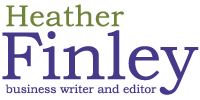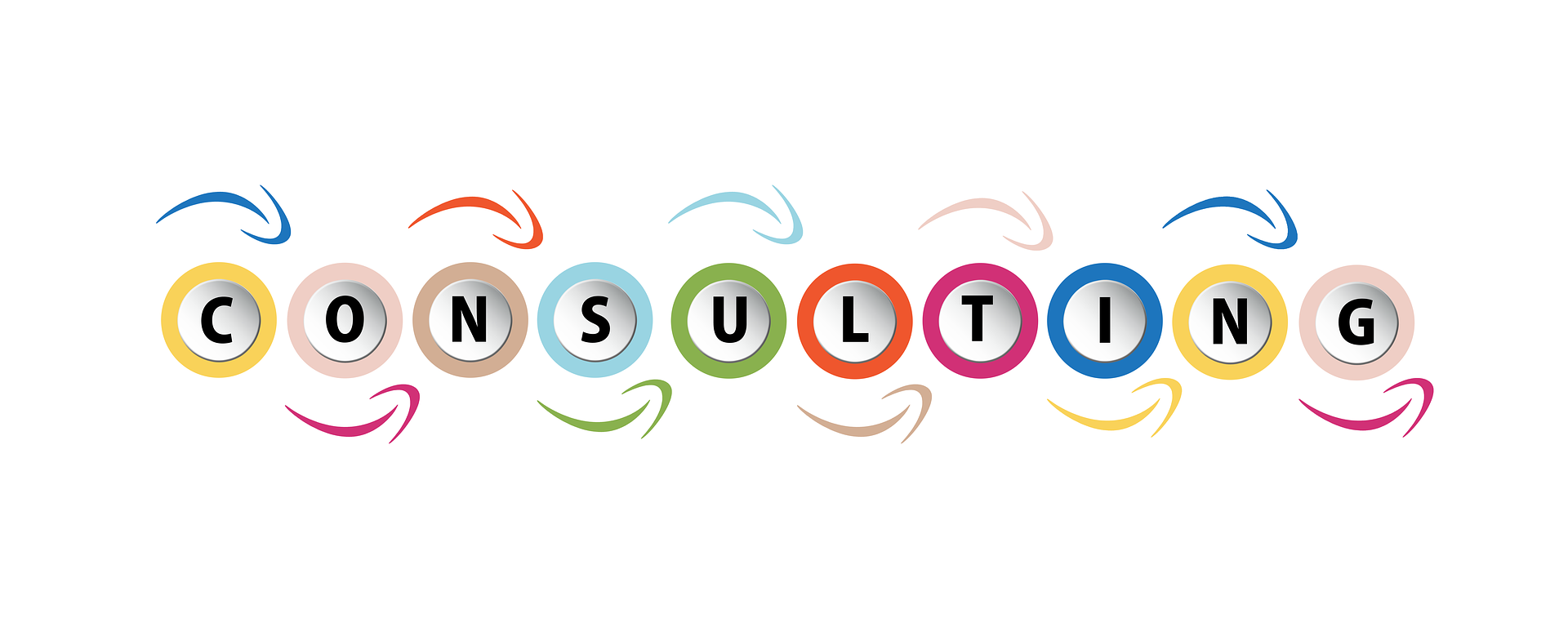Think beyond the gig
Are you taking the leap to freelancing? Right now, COVID layoffs and/or the fantasy of founding a business are propelling more people into the consulting-sphere. Whether freelancing is your new permanent career or not, one source of work you should explore is creative staffing agencies.
These agencies recruit for full-time jobs, but also function like temp agencies for creatives. They tend to have established, well-known clients, so they are a great source of appealing clips for your portfolio. Longer-term, they can also become an ongoing income stream if you decide to continue as an independent.
As a consultant employed by one or more of these agencies, there are some dilemmas you should be prepared for.
Agency end-runs—don’t do them
Even on short gigs, your long-term outlook matters. If you don’t behave ethically, you could burn important bridges or you could even trigger a lawsuit.
When an agency hires you for a gig:
- You work for the agency as a consultant to the client.
- The client belongs to the agency.
- You must negotiate contracts and rates with the agency, not the client.
Dilemma #1: A client wants to hire you permanently, or freelance directly with them
So, after a few weeks in a job, the client asks you to go permanent. Or, after the gig is finished, the client wants you to bill them directly, or work for another company through a business or social connection.
Response: Check your contract and call your agency right away.
Chances are your contract says something to the effect that:
- You are not allowed to work directly with the client unless you have had no relationship with the agency and/or the client for a minimum number of months.
- If you have not met the minimum, the client must pay a commission to the agency.
- The client’s clients and friends are also the agency’s clients. For example, if the client wants to refer you to a job that her friend at another company wants to fill, your agency gets to negotiate it.
Dilemma #2: The client asks you for recommendations for other consultants/freelancers
You know the perfect person for the job, right?
Response: Be value-added for the agency, the client, and your friend.
Your agency did most of the sales to get you the job, and they’ve probably said something about this kind of situation in your contract. You can still introduce your friend, but do it through the agency.
- Listen to the client’s needs and give them the contact info of your recruiter. Do NOT tell the client about your friend or tell the friend about the job, as that could open the door for direct contact, which could damage your relationships with everyone.
- While respecting agency and client NDAs, email your recruiter so they know you’ve pointed this great lead their way.
- Tell the recruiter you know someone who would be perfect and, if the recruiter is open to it, make an introduction to your friend. Let the recruiter present the person they think is best suited.
If you take these steps:
- The agency reps can filter and maintain their quality of “product” (consultants like you).
- The client can get a list of qualified candidates for the job (potentially including your friend).
- Your friend can get on the agency’s radar for this and other gigs.
Dilemma #3: The client of one recruiting agency is similar to another potential client
Once, while I was working for a bank (through an agency), an unrelated brokerage firm offered me some work. Neither job was full-time, so why not work for both?
Response: Start a conversation with your agency right away.
With experience in a topic, this isn’t an unusual scenario. But there was potential for a conflict of interest, so I took some careful steps and got permission to take both jobs.
- Before I let the brokerage caller go into detail, I stopped them and said I was working for the bank. I told them that I needed permission from the bank before I could consider anything, and would also need permission from the brokerage.
- I went back to the agency that was employing me to work with the bank and told their recruiter about the brokerage and the job description. The recruiter gave me permission to email the bank about it, copying them on the emails.
- The bank reviewed the description and gave me written permission to pursue the work with the brokerage because the work was on a different topic in an unrelated division. The brokerage also acknowledged in writing that they were aware of my work with the bank and the agency.
- Throughout these two projects, I was scrupulously conscientious of my NDAs with all three organizations.
In other situations, I have been told by my first client/agency that they didn’t want me to pursue the second role. This happens, too, and while it may be disappointing in the short term, the first relationship is important, so I accept the decision.
Understand your agreement, but think beyond it, too
When you are working for an agency, your decisions reflect on them and can make or break their own relationships. You are part of two organizations at the same time, with two distinct sets of goals. By thoughtfully and respectfully supporting both organizations, you are making your personal brand more appealing, too.

